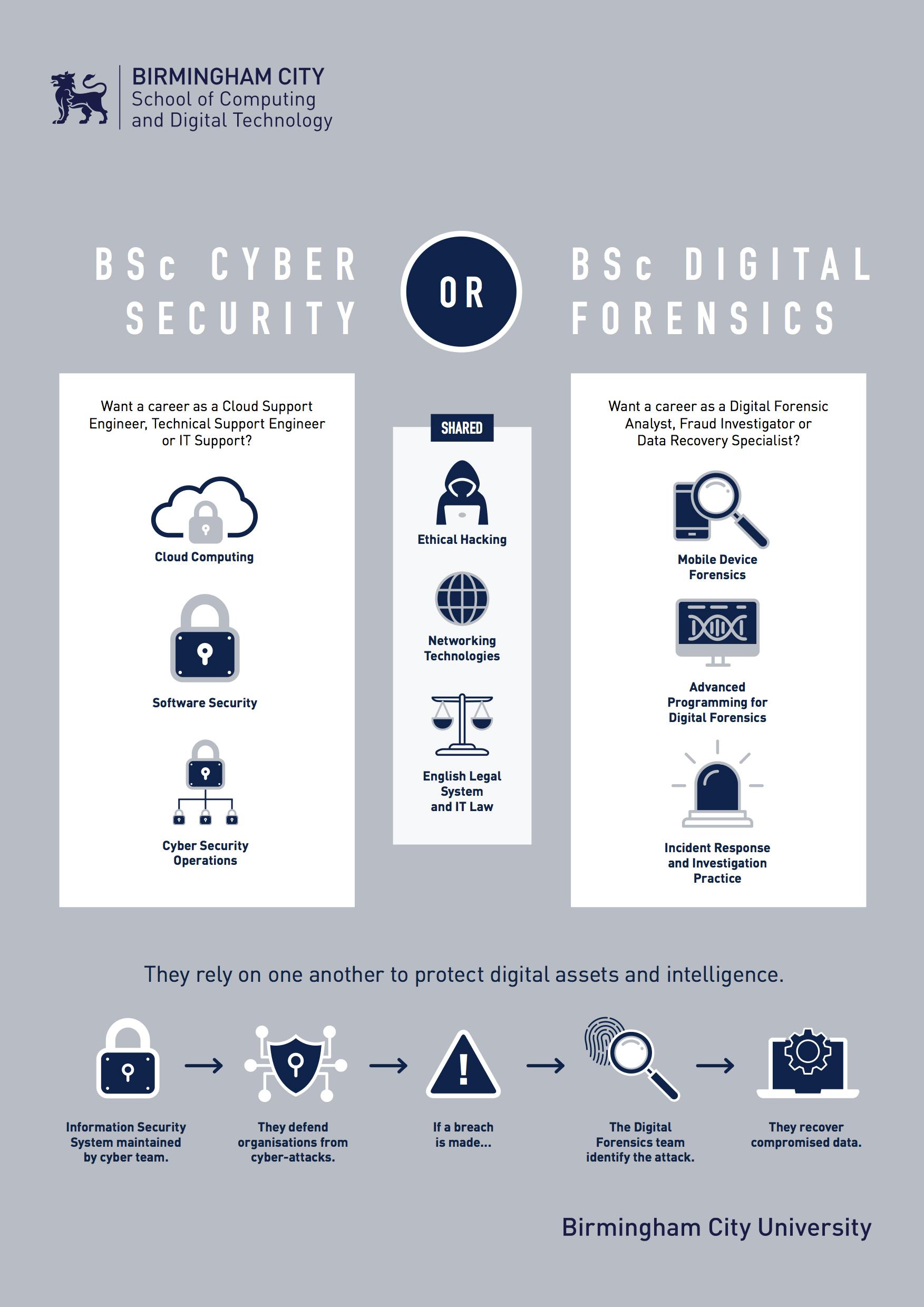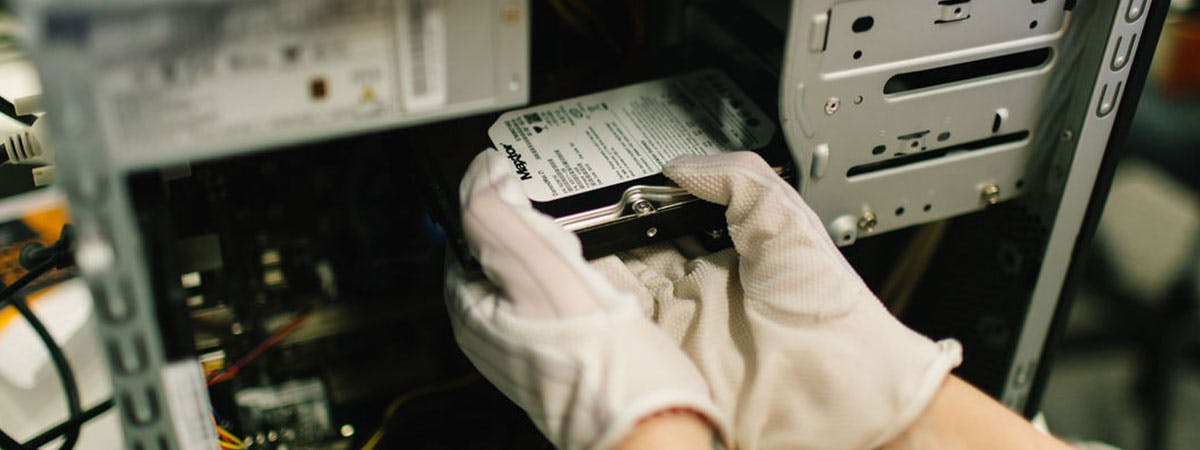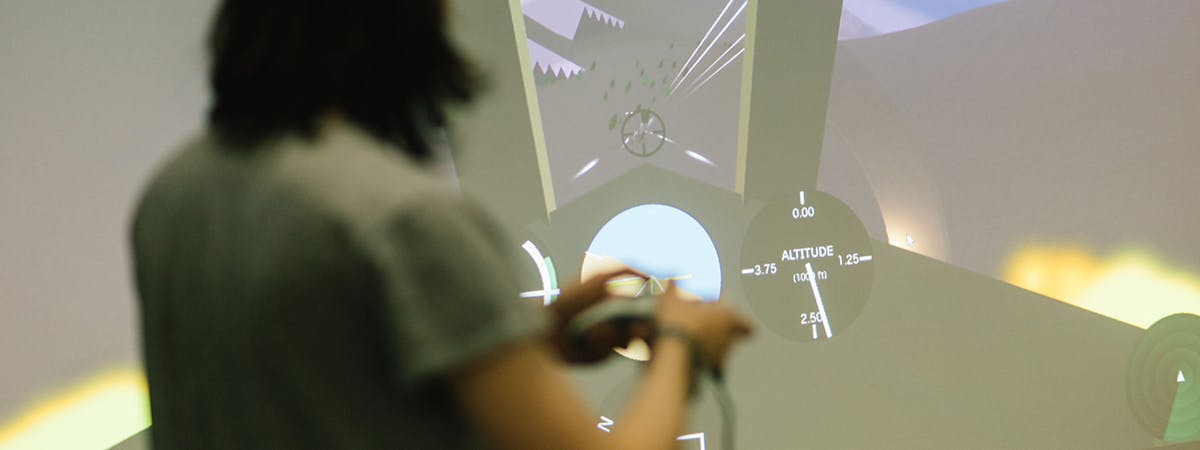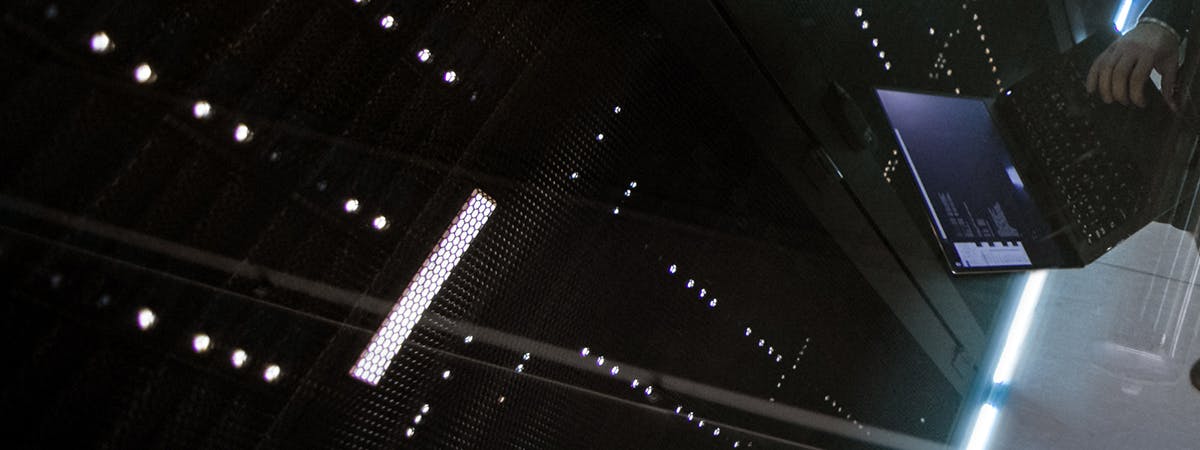Did you know that one small business in the UK is successfully hacked every 19 seconds (Hiscox) and that data breaches cost UK organisations an average of £2.9 million per breach (IBM)?

Stealing data, fraud, and hacking are stories we hear about frequently, and the rise in technology brings more opportunities to breach security systems. Both Cyber Security and Digital Forensics are in high demand by employers to keep their networks and data safe, so if you’re interested in a career in these industries there has never been a better time to start. Here are just a few areas where you can begin your career:
- Non-profit organisations
- Government entities
- Private corporations
Both our BSc Cyber Security and BSc Digital Forensics courses have shared features:
- Placement opportunities
- Industry connections
- Home to Cisco systems and Microsoft
- Academy centre
- Work on real-life projects
- State-of-the-art facilities
Cyber Security and Digital Forensics teams work together to protect systems from being attacked and investigate when an incident has occurred.
- The Cyber Security team works to implement and maintain a robust information security system.
- The aim is to defend an organisation from cyber-attacks
- If their effects fail and a breach is made…
- The Digital Forensics team, work to identify the attack
- They will try to understand the source and recover any compromised data
The work they do is very similar, but there are some key differences. Explore our infographic below to compare the differences between these roles and find out which one is right for you.
View an accessible version of our infographic: Cyber Security vs. Digital Forensics






